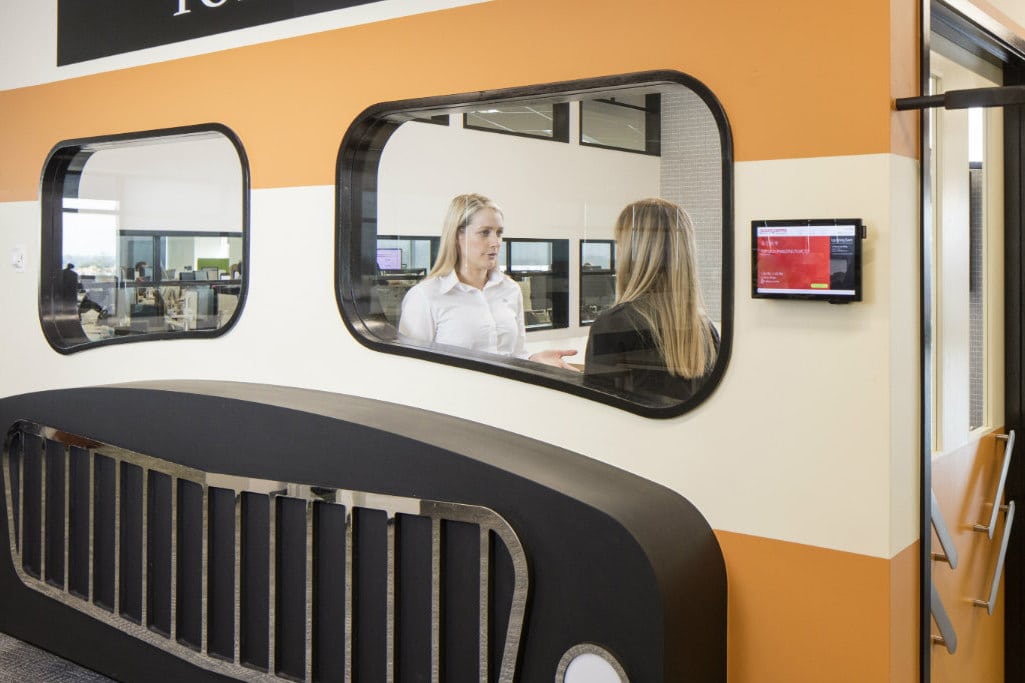Flight Centre Stock Tumbles After TV Report Alleges Anti-Consumer Practices

Skift Take
Negative press about working conditions and markups has dented Flight Centre’s stock price, despite record financial results. The claims have been denied, but the share price is still suffering. The mural incident doesn't do anything to bolster confidence in corporate culture.
The share price of Australia’s largest travel company, Flight Centre, has taken a pounding, despite enviable financial results in its year-end reporting.
Flight Centre, with retail, wholesale and corporate travel operations around the world, saw its share price plunge nearly 18 percent to $41.72 (Australian $56.98) in four days following a report by national broadcaster ABC condemning the travel giant’s business and employment practices. The 7.30 Report television expose aired former employees’ claims of staff underpayment and rampant gouging of customers.
According to the report, the base wage for a Flight Centre consultant is $24,600 (A$33,500) before tax, which is almost $2,950 (A$4,000) below the minimum wage. Disgruntled staff alleged they were forced to mark up fares and hotel rates to boost their commissions.
“Staff detail a practice as simple as reserving a flight, then manually adding an extra amount to the booking in Flight Centre's online system — ranging from as little as $30 to hundreds or even thousands of dollars — before revealing the total price to the customer,” the progr

